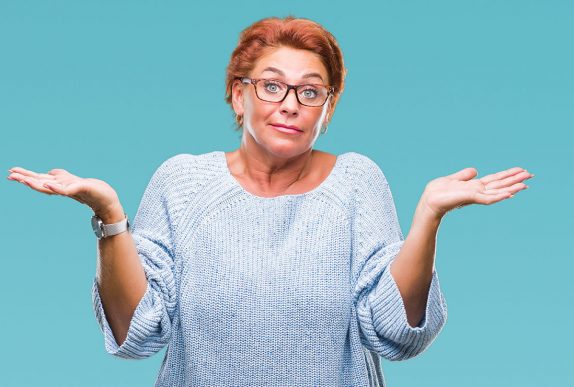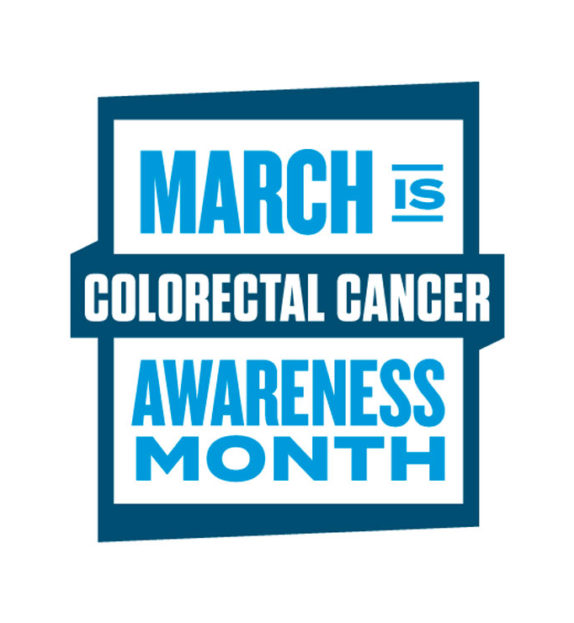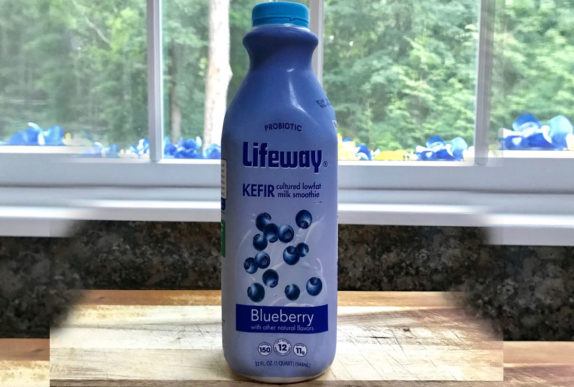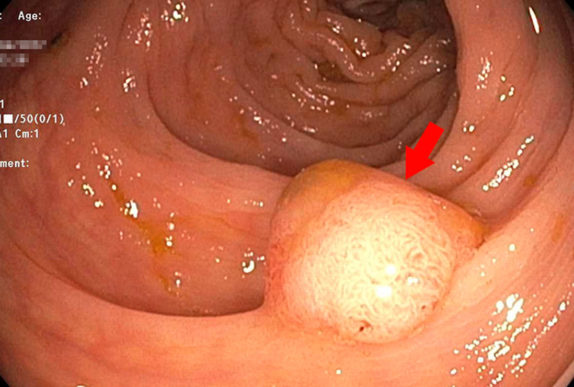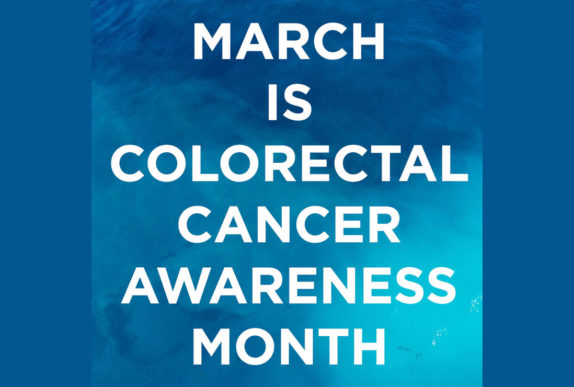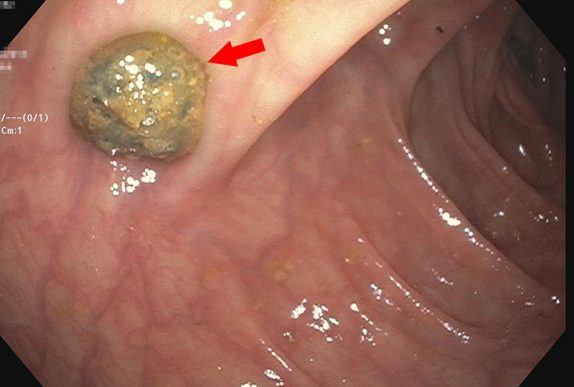White coats should not be worn by physicians any longer, and should only be worn by people who don't need to physically touch patients as part of their daily work in the hospital!
So what about me? Why did I choose to get sedation? Surely I could have toughed-out the pain of the procedure, right? I truthfully think I would have been fine without sedation. However there is one thing that I've learned from being a physician who does procedures for a living: Sometimes there are unintended bad consequences of going against the standard of care.
If you read this article, you'll know more than 99% of the population about colorectal cancer. More importantly, you'll know how to prevent this deadly disease from all angles! Plus, some interesting facts about Retroflexions.com in honor of our 4th birthday!
Why do we get tired at the end of the day and then spend roughly one-third of each day unconscious? Here are some basics about sleep in general. Also, does lack of sleep cause dementia? What GI problems come from sleep deprivation? What can we do about all of this?
I made a list of six things that needed to happen if I was going to turn my life around. I was frustrated with my then-current work-life situation, and kept falling into the same bad patterns but couldn't figure out how to break the cycle. After constantly feeling like I didn't have time to exercise or eat right because I was too tired or spent, one day I literally looked in the mirror and had an epiphany...
Fermented foods are known as an excellent source of probiotics, and may have a variety of health benefits. Hard scientific data on these fermented foods is hard to come by however. Read about a recent study that suggests these foods may reduce the risk of colon cancer!
The American Cancer Society (ACS) released new guidelines regarding colorectal cancer screening for the average-risk individual. The big news is that they now recommend that screening for colorectal cancer begin at age 45 rather than age 50.
How to cheat on the bowel prep for a colonoscopy and still have a successful procedure, written by a gastroenterologist.
Colorectal Cancer Awareness Month continues on! However let’s face it, awareness by itself is not enough! To have an impact, we need to take action against colon cancer. We must also have the necessary tools, tactics, and training to take care of business when polyps rear their ugly head. It's a bad month to be a polyp!!!
Roughly half of all cases of colon cancer (and by extension, colon polyps) are a result of modifiable risk factors. These are the things that you can control. If we know what these risk factors are, maybe we can make better choices...
We think this process takes about 10-20 years to occur, which is a very important fact when it comes to colorectal cancer prevention. This long sequence, from adenoma to cancer, is the reason why screening can prevent colon cancer—
How many "foods" do we eat that were shaped by a machine into some pleasing shape and injected with modified fats and preservatives before being deep-fried, flash frozen and shipped out from a factory somewhere? A new study shows us the harm in eating ultra-processed foods.
Do you need to avoid seeds, nuts, and popcorn if you have diverticulosis? Here are some real dietary changes you can make to avoid diverticulitis!
The question of cost is a valid one, especially at the current time where health care costs seem to be spiraling out of control. Many times it seems that the outcomes gained from large health care expenditures do not justify the massive costs, or are not feasible to implement for society as a whole.
I read with interest your blog today, and then some of your other offerings. I am a rural general surgeon who has done 12,000 colonoscopies in 35 years. My question is how do we know that screening is effective at reducing mortality?

